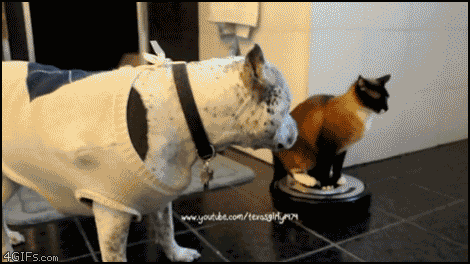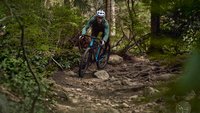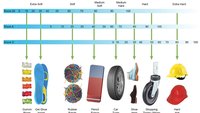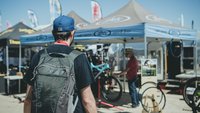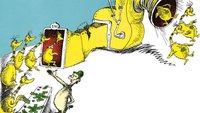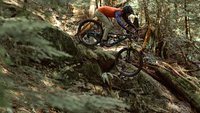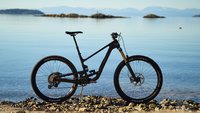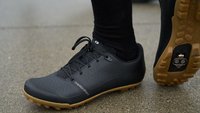I agree with this, except for 3. The problem with not taking each set to exhaustion is you train yourself to have an out. Just as the reps get real tough you get to stop. Its those last few squeezed out reps that give you the most benefit in both size and strength. I'm not talking about doing max weight power lifting all the time (that's once a week), just maxing out each set to exhaustion. As for the being primed for next time, that comes from(for me at least)being stoked on what you just accomplished and wanting to have the weight on that 4th set be just a bit higher next time.
there are a number of reasons why it's undesireable to always train to exhaustion, most importantly being physical and neural fatigue. if you're taking every set to exhaustion you're setting yourself up for overtraining and lower results. effective training requires a set plan that works towards a desired goal and this includes time spent doing doing maximal (training to exhaustion) and submaximal training.
there is plenty of literature on the theory and methodology of something called periodization which is centered around having training programs that progress from easier to heavier and eventually maximal loads. this is true whether you're a body builder, olympic lifter, power lifter or other type of athlete such as a distance runner.
the most underrated training variable is rest and this includes not only the sleep you get but including rest or unloading phases as well as submaximal training. trust me, you can achieve more by doing less (ie not always training to exhaustion) and it is well documented. ideally max effort days (for a given exercise) should happen only once every 3-5 weeks depending on your training program, and even at that you'd be looking at only your final 2 or 3 sets.
so if we look at an example of a 4 week training block or cycle for someone lifting weights, you'll have two primary variables that you're changing; volume (total amount of work done) and load intensity (% of your max). in the first week the volume is higher and the intensity is lower and as you progress towards the final week the volume is lower and the intensity is higher (at or near max). if you were to look at a typical 12 week training cycle on a graph that plotted intensity vs time it might look something like the following.

so note that while there are periods of lower effort, the overall trend is a rise in intensity.
edit
and just to add, as the op asked if someone is strength training with the purpose of boosting their performance on the bike it is even more critical to set up complimentary or appropriate workout intensities and loading, otherwise your performance on the bike will suffer.
We don't know what our limits are, so to start something with the idea of being limited actually ends up limiting us.
Ellen Langer
